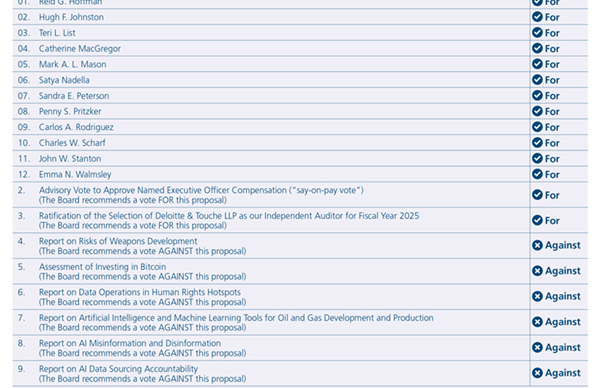Russia Legalizes Cryptocurrency Mining with Legislation; Regulatory Body to Supervise Mining Activities and Taxation
The State Duma of Russia has recently passed a new bill with a unanimous vote of 404 in favor and 0 against, aimed at legalizing Bitcoin payments and mining activities. The final vote is scheduled for July 30, with the legislation expected to come into effect on September 1, 2024.
The new legislation passed in Russia highlights two main aspects: first, it allows Russian businesses to make international payments using Bitcoin; second, it legalizes Bitcoin mining within Russian territory, subject to compliance with the legislation.
Bitcoin Allowed for International Payments Only:
It's important to note that Bitcoin transactions within Russia remain prohibited. However, Russian businesses operating internationally are allowed to use Bitcoin and other cryptocurrencies for payments, enabling them to settle transactions with trading partners in Bitcoin.
The Russian Federal Financial Monitoring Service stated this measure is necessary, especially for businesses affected by sanctions. Traditional payment methods are not always feasible, but cryptocurrencies offer an alternative means of payment.
The prohibition of Bitcoin for domestic transactions may be due to the Central Bank of Russia's promotion of the digital ruble, a blockchain-based Russian legal tender, which competes with cryptocurrencies like Bitcoin.
Mining Activities Legalized:
The legislation mandates the Russian Ministry of Digital Development to oversee mining activities within the country. Miners/mining farms must register with regulatory bodies and declare their approximate electricity consumption.
Individuals or small-scale miners, such as families, who can adhere to legally specified energy consumption limits, may mine without needing to apply for registration with regulatory bodies.
As mining has been legalized, it naturally falls under taxation. Regulatory bodies will monitor miners/mining farms' Bitcoin earnings addresses to calculate their actual profits, making illegal Bitcoin transactions more challenging.
Furthermore, the regulatory body has the authority to restrict mining activities in certain areas. While most regions can carry out cryptocurrency mining, some areas may be prohibited from mining due to various reasons, and operating mining farms in these areas would be considered illegal.
Statistics show that in 2023, Russian miners extracted 54,000 Bitcoins, accounting for about 16% of the global Bitcoin hash rate. The United States remains the country with the highest hash rate, holding a significant lead.










